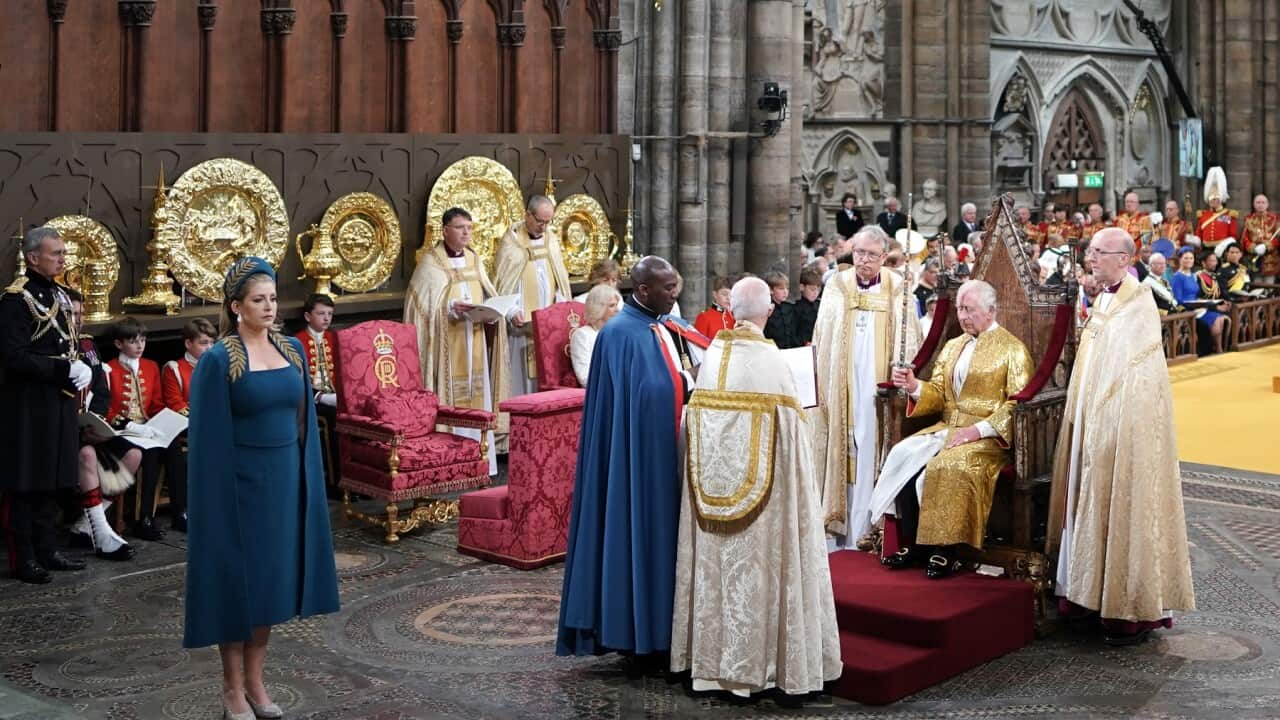Jungwook Park, director General for Foreign Investment Policy, MOTIE, stressed at the INVEST KOREA WEEK 2020 that Korea achieved results as effective as a lockdown without lockdown measures.
The 16th Invest Korea Week 2020, largest promotional event for international investments in Korea, was successfully held virtually this year from November 11th to 13th, 2020.
IKW is hosted by the Ministry of Trade, Industry, and Energy(MOTIE) and organized by the Korea Trade-Investment Promotions Agency (KOTRA).
Australia and New Zealand can boast the best quarantine results in the world, but Korea’s performance is significant in that it has achieved the effects of lockdowns without lockdown measures and minimized economic damage.
Yunmo Sung, Minister of MOTIE (Ministry of Trade, Industry and Energy) said, “Despite Covid-19 pandemic and predictions of low economic growth, the IMF has given a positive feedback for Korea’s economic growth. The Korean government is dedicated to balance the prevention measures for the pandemic with economic activities without a shutdown.”
In the foreign press conference, Jungwook Park, director General for Foreign Investment Policy, MOTIE, mentioned “when the response to COVID-19 is successful, we can enhance the trust in the Korean economy and through we can resolve uncertainties that’s how we attracted the attention of the foreign investors.”
Director Park said “Korea’s foreign direct investment has been on the rise, exceeding 20 billion dollars for the five-consecutive year” adding, “the figure in 2020 is also a growth, suggesting that we are recovering from the effects of COVIC-19. In particular, the investment is oriented toward the upgrade of local industry through R&D centre’s, materials, components and equipment.”
“Our growth was negative for the past seven months, but in September, so we turned a positive for exports and for investment. In the second quarter, the investment was very sluggish and was negative growth” said Director Park. “However, thanks to the efforts and the effective response to COVID-19, and cooperation among relevant institutions, in the third quarter, so we posted the largest foreign direct investment in the third quarter.”
“Based on the annual basis, we created the momentum to pick up the foreign investment, especially we attracted investment in the high-tech industries and the advance industries. I think this trend is very encouraging.”
Wall Street Journal and major media around the world highly evaluated Korea’s response to COVID-19 and the key to Korea’s successful response was in active participation of the government, local government, and citizens.
Director Park praised Korea's transparent and swift disclosure of information, voluntary participation of citizens, creative quarantine measures using IT technology, and excellent and mission-conscious medical staff.
He said “Test, Trace and Treatment as the three ‘T’s need to be accelerated and the information on the transmission that should be promptly disclosed to induce active participants of the government and citizens. So that’s the basic stance of the Korean the government.”
Meanwhile, it is expected that foreign investment will be concentrated in Korea's medical and pharmaceutical sectors as well as other industries that are related to the pandemics will receive favourable reviews from people around the world.
“The Korea’s response to the COVID-19 has been evaluated highly globally and we didn’t put on physical lockdown measures. However, through we could make it through effective measures, such as a drive-through, and we are now the introducing international standards for the testing and the tracing and facial masks and the medical equipment are produced locally and effectively utilized” Said Director Park
“In the third quarter, the quantitatively we achieved a growth in the foreign direct investment and the investment is getting the higher in the area of transmission management and the healthcare service. so, we will make sure that we can take advantage of the competitiveness in the medical and the pharmaceutical and facial mask field”
What is Korea preparing for in the post-Corona era?
Sanggoog Lee, the head of Team, Digital New Deal Support team, Ministry of Science and ICT of Korea, explained that the world has entered the era of the 4th industrial revolution where we are using AI, Big data and hyper-connectivity technologies.
“These are not just the development of simple technologies, but they will promote the efficiency of industries and create new values. They are also affecting our jobs and markets” Sanggoog said “However, we have experienced the unexpected outbreak of COVID-19”
It is true that COVID-19 has changed every part of our lives. Work from home and remote education are increasing more than ever and other non-contact services are increasing more than ever. And infectious diseases and disasters have already become part of our daily lives.
Sanggoog Lee said “So, we have to think about how we are going to lead, take the lead, in the 4th industrial revolution, even in the midst of COVID-19 the Korean government will pioneer its own path instead of passively responding to the crisis”
He explained “Korean version of New Deal (K-New Deal)” as a solution to prepare for the post coronavirus area.
During the 1930s, the US experienced the Great Depression. In order to overcome the Great Depression, the US came up with economic revitalization policy which was called ‘New Deal’. They created jobs alongside the Tennessee river, and they laid out the foundation for industrialization in the US.
The Korean version of the New Deal, dubbed the "K-New Deal," will be promoted as two pillars: Digital New Deal and Green New Deal, through which the Korean government plans to create a total of 1.9.1 million jobs by 2025 with a massive investment of 160 trillion won ($133.1 billion).
Among them, Digital New Deal aims to strengthen the D.N.A. ecosystem, which means data, network and artificial intelligence (AI), transform educational infrastructure into digital, foster non-face-to-face industries, and digitize SOCs.
Sanggoog Lee said "By combining Korea's digital capabilities across all industries, the goal of the digital deal is to become a leading economy from a condensed economy"
“I believe that the digital new deal will be the basis or foundation for Korea for the future 100 years and Korea is the very good place for the new technology testbed” He said "I believe that Korea is a very good country for foreign companies and places like this to invest in, especially as a global hub for global technology and a test bed for new technologies."
And, Green New Deal will be promoted in three major pillars: green transformation of urban, space, and living infrastructure, establishment of an ecosystem for innovation in green industries, and diffusion of low-carbon and distributed energy.
In October, Moon Jae-in, South Korea’s president has declared that the country will go carbon neutral by 2050. He vowed to end its dependence on coal and replace it with renewables as part of its Green New Deal.
Moon Jae-in said June 1 at an “we have to lay the foundation for a pace-setting economy in order to stay ahead in the post-COVID-19 era”
“I’d like to clarify the meaning and direction of the Korean version of the New Deal as a national project to stay ahead in the post-COVID-19 era,”




